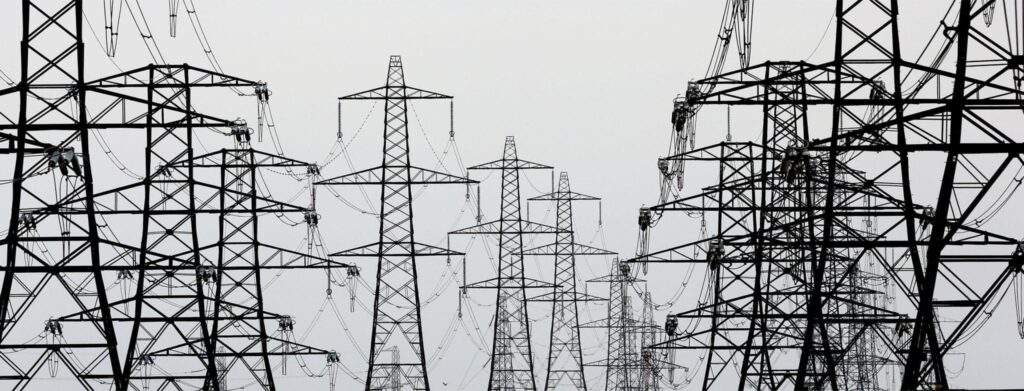Abuja Electricity Distribution Company recently implemented a new electricity tariff that has left customers feeling uneasy. The Nigerian Electricity Regulatory Commission approved a significant increase in electricity prices, raising the rate to N255 per Kilowatt for customers on Band A, up from the previous N68. This decision affects customers differently based on their power supply hours, with Band A receiving 20-24 hours of power, while Bands B to E receive 16 hours and below.
Despite an apology from Abuja Electricity Distribution Company for mistakenly charging all customers the new rate due to a system failure, many customers are still being billed at the higher tariff. This means that households consuming 50kwh per day could end up spending around N350,000 per month and N4 million annually on electricity. For those purchasing 134 units monthly at N10,000, the cost could increase to around N40,000.
While the Nigerian Electricity Regulatory Commission claimed that only 15% of customers would be affected by the tariff hike and that monthly electricity subsidies would be reduced by 52%, the reality seems different. Citizens are expressing their frustration at the increased financial burden, with many feeling the pinch of economic hardship.
Uket Obonga, the national secretary of the Network for Electricity Consumers Advocacy of Nigeria, criticized the lack of transparency in the tariff hike, accusing NERC of allowing Distribution Companies to manipulate the system to their advantage. Ewetumo A A, a retired staff of the defunct Power Holding Company of Nigeria, echoed these sentiments, calling out the Discos for their deceptive practices and predicting that all customers will eventually be subjected to the new rate.
The situation highlights the challenges faced by electricity consumers in Nigeria, who are grappling with rising costs and a lack of accountability in the system. As the debate over electricity tariffs continues, it is clear that more transparency and oversight are needed to protect the interests of consumers and ensure fair pricing for all.
